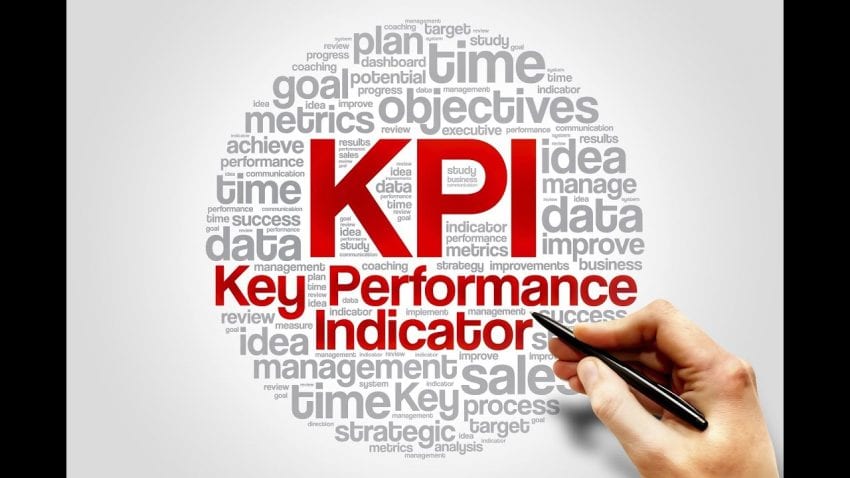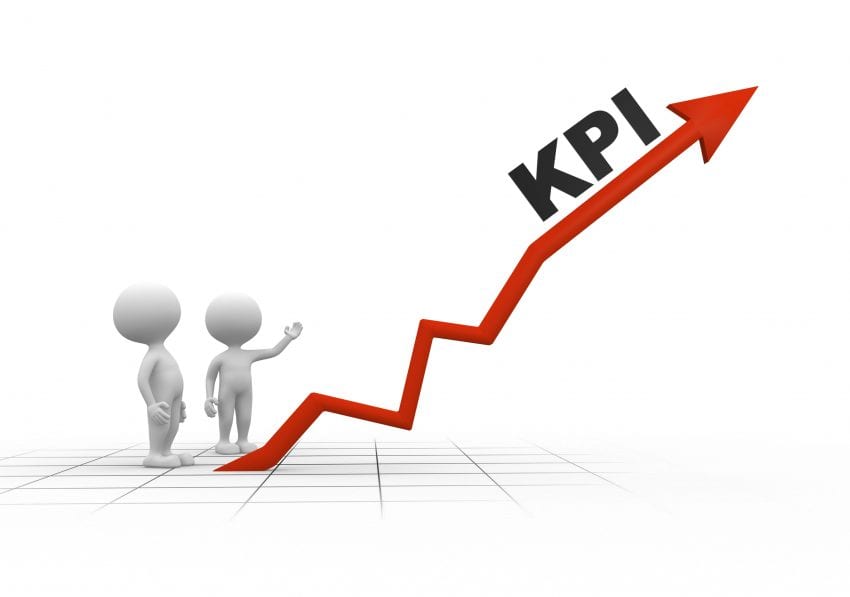Key performance indicators (or KPIs, as they are commonly referred to) are used to track how well a company is meeting its primary goals and objectives. These objectives are what define an organization and shape how the business creates plans and strategies to move forward towards growth. But an organization cannot determine whether it’s meeting these goals unless it tracks certain indicators of success (or KPIs), which is why they are so important to identify.
For many manufacturers, it is often a challenge determining what kind of KPIs to focus on, especially in such an ever-changing and increasingly demanding industry. If you’re a manufacturer wondering which KPIs you should invest time into, then read this for more information and take a look at these ten important manufacturing metrics that particularly stand out.

1. Cost per Unit
Excluding the cost of materials, this key indicator measures the amount of money spent on controllable manufacturing costs related to the production of manufactured units produced by item or volume.
2. Yield
This is a key measurement that tracks how many products were produced successfully the first time around without being reworked or discarded.
3. Cycle Time
Used for measuring manufacturing production times from start to finish, including the moment an order is processed to when the goods are finally completed.

4. Inventory Efficiency
Inventory efficiency is an incredibly useful key indicator that involves a simple calculation where the costs of goods sold is divided by the average amount of inventory used to produce those goods.
5. Changeover Time
This KPI is useful for finding out how long it takes to switch a manufacturing line or plant from producing one kind of product over to a different one.
6. Net Operating Profit
An important indicator that measures the profits for all investors, shareholders, and/or debt holders involved in the organization.

7. Returns
Determined by how many times a customer has requested a return, this KPI is telling of the quality of your product and also whether or not you are producing a large number of faulty units.
8. Revenue per Employee
This metric is determined by revenue divided by the number of employees per plant or business unit. It is indicative of their performance and whether or not one of your plants/business units needs more attention and changes to improve performance.
9. Compliance Indicators
It is important to track compliance incidents where a facility failed to work within regulations set by your organization or governing bodies. This can include health and safety incidents, environmental incidents, as well as procedural incidents.

10. Downtime vs. Operating Time
Whether it’s because of unplanned or planned maintenance, or because of other factors, it’s important to track when your business is actually up and running versus the downtime you experience, that way you can determine whether you are getting the most out of your operation.
Best Way to Measure KPIs
All-encompassing enterprise resource planning (ERP) manufacturing solutions are your best bet when it comes to measuring KPIs. This kind of software includes a number of automated processes that measure performance metrics for you, as well as produce reports and shared insights across all aspects of your business, and is well worth the investment.









